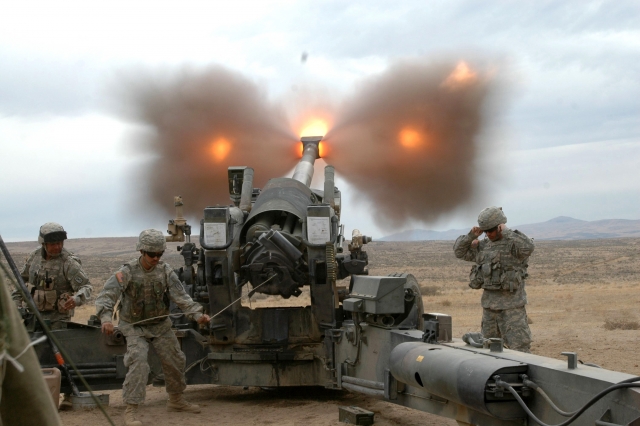 How can the energy industry adapt to meet the needs of a growing population while also supporting low-carbon growth? Katherine Hamilton, Director of the Project for Clean Energy and Innovation, and co-chair of the Global Future Council on the Future of Energy, says that this essential transition will not happen without collaboration between large energy companies, entrepreneurs, the finance sector and consumers.
How can the energy industry adapt to meet the needs of a growing population while also supporting low-carbon growth? Katherine Hamilton, Director of the Project for Clean Energy and Innovation, and co-chair of the Global Future Council on the Future of Energy, says that this essential transition will not happen without collaboration between large energy companies, entrepreneurs, the finance sector and consumers.
Why should we be thinking about the future of energy?











/arc-anglerfish-arc2-prod-mco.s3.amazonaws.com/public/R3W37GWO2ZFKHGRFX4UI72GQBE.jpg)